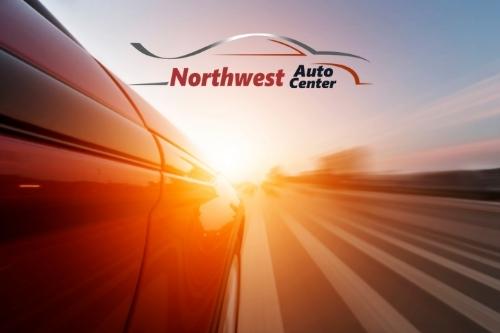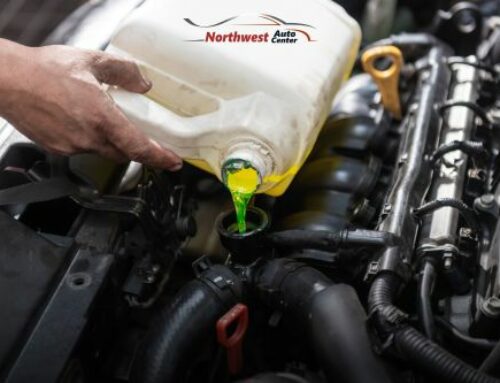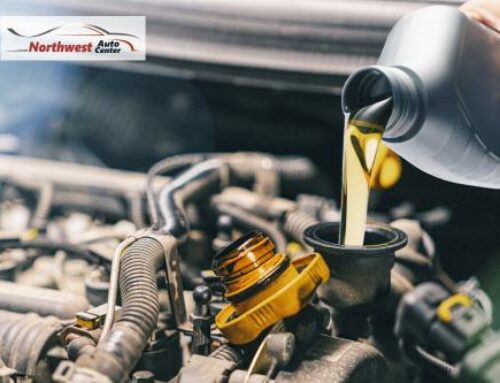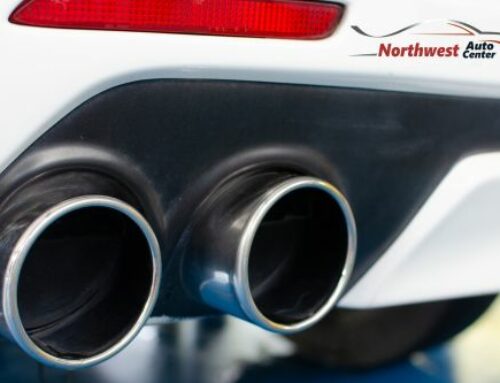Picture this: you’re sitting at a red light, and it turns green. You press the gas pedal, but instead of moving ahead smoothly, it’s a jerky acceleration. The feeling can be quite alarming, especially if it’s a new development.
The thought of any potential vehicle issue and needed repair fills folks with dread. It’s an expense no one wants to have to deal with. But, it’s an issue you won’t want to ignore when it comes to jerky acceleration.
Continuing to drive while your vehicles jerks while accelerating can cause further damage. So you need to work with your local mechanic to get to the bottom of it.

Reasons for Your Car’s Jerky Acceleration
1) Dirty or Faulty Spark Plugs
To get going, your vehicle needs a bit of a spark. That’s the job of your spark plugs. If they are dirty, old, or faulty, the spark plugs may not give the combustion process and your fuel cylinders the needed spark leading to a misfire.
Dirty spark plugs are a common cause for jerking during acceleration because spark plus wear over time. Luckily, it’s one of the easier issues to identify — and one of the more straightforward and most inexpensive repairs on this list.
2) Dirty Fuel Injectors
Over time and miles, carbon deposits and grime build up throughout the engine, and your fuel injectors are not immune. Too much carbon build-up causes your engine to lose power as the fuel injectors are not spraying fuel efficiently, which you’ll feel while driving and accelerating.
You may even feel your vehicle jerk or stutter while driving at a constant speed.
Cleaning your engine of carbon deposits and any build-up is essential. The longer you wait, the worse the grime will get and the more damage it will cause. If you notice any signs of build-up (which can affect your vehicle’s performance), stop by your local mechanic for a fuel injection service and some vehicle maintenance.
3) Damaged Gas Lines
If your gas lines are worn, gas does not flow efficiently through the engine. As you probably guessed, this is going to cause some acceleration issues.
Depending on the severity of the damage, this can cause jerky or slower acceleration — or your vehicle may lose power completely if gas is leaking from a hose.
4) Catalytic Converter Blockage
If the exhaust gases traveling through your catalytic converter becomes too rich, deposits begin to build up (or possibly melt the substrate), this forms a blockage which you’ll notice when you press the gas pedal (loss of power).
If the blockage is large or there is more wear on your converter, a new catalytic converter may be in your vehicle’s future.
5) Defective Carburetors
Your car’s carburetor controls the fuel and air mixture that enters your engine. If it’s defective, it won’t give your engine the proper ratios of fuel to air that it needs to run efficiently. This leads to jerky acceleration and overall poor performance. ** Note ** (Present day vehicles no longer use carburetors, this applies to most vehicles prior to 1986).
Fixing Your Jerky Acceleration
Any issues with inefficiency with fuel can cause unseen damage and poor performance. Letting the problems persist for too long, could possibly lead to further damage and unseen damage.
You should take any change in the way your vehicle accelerates seriously.






Leave A Comment
You must be logged in to post a comment.